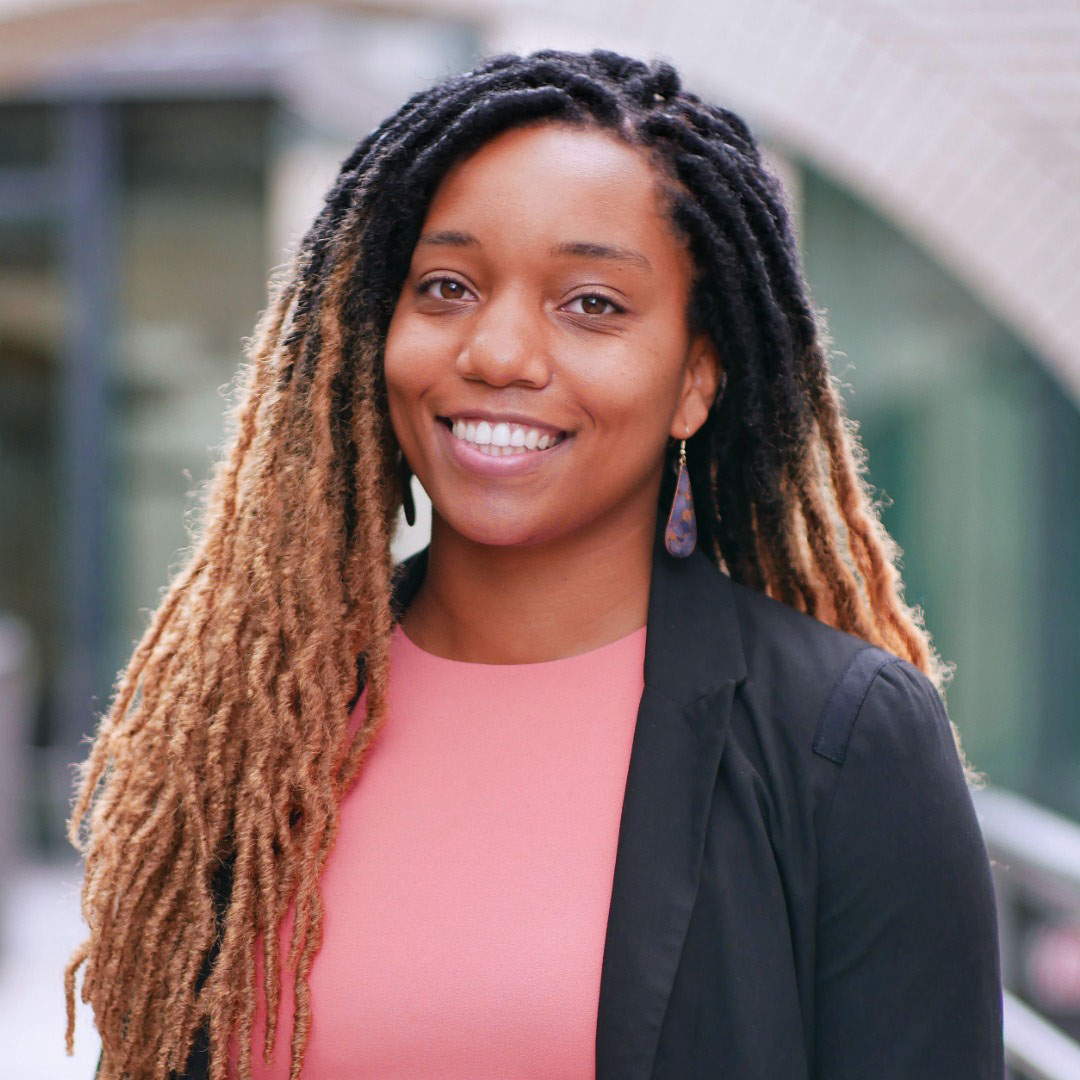
Nock Awarded Sloan Foundation Grant
 CEE Assistant Professor Destenie Nock was recently awarded funding from the Alfred P. Sloan Foundation to conduct a multi-year project to examine how household energy insecurity is experienced by different demographic groups at the state and national levels. This grant funds a study by a multidisciplinary team of scholars, led by Nock, that will deploy various research methodologies to examine three aspects of household energy insecurity across multiple states.
CEE Assistant Professor Destenie Nock was recently awarded funding from the Alfred P. Sloan Foundation to conduct a multi-year project to examine how household energy insecurity is experienced by different demographic groups at the state and national levels. This grant funds a study by a multidisciplinary team of scholars, led by Nock, that will deploy various research methodologies to examine three aspects of household energy insecurity across multiple states.
The first aspect is to better understand the energy-limiting behavior often employed by marginalized and low-income households to better afford energy services. By analyzing detailed household energy use data the team will further develop a new energy insecurity metric—called the “energy equity gap.” This metric will help identify hidden forms of energy insecurity that are often hard to assess or are typically ignored in traditional assessments.
Next, the team will undertake a case study examining the effectiveness of the Low-Income Home Energy Assistance Program, the Weatherization Assistance Program, and other state-level programs designed to help low-income households pay their energy bills. Team members will analyze over a decade’s-worth of household data to identify the extent that eligible households do or do not take advantage of these programs.
Finally, the team will develop a publicly available dashboard of utility disconnection policies from across the country to enable researchers to begin to compare and analyze intra- and inter-state differences in such policies and their subsequent effects on energy insecurity.
This research hopes to strengthen utility decision-making and public policy around energy poverty and insecurity, particularly among underserved communities. The team’s household-level analysis can better help utility forecast demand and the associated uncertainties due to disruptions such as COVID. Second, by working closely with an advisory board, Nock and her fellow researcher hope to positively impact policy for institutional reforms that can support reducing household energy insecurity during energy transition periods.